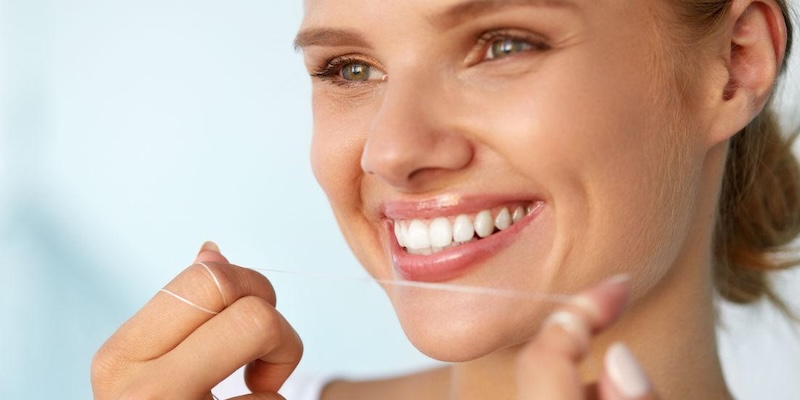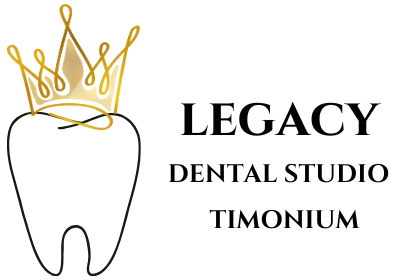Uderstanding Dental Hygiene and Why It's Important
Plaque and tartar buildup don't stand a chance when you prioritize your dental health with regular visits to our dental hygienists. Our state-of-the-art Cavitron magnetostrictive scalers are designed to eliminate debris from both the visible surfaces of your teeth and those hard-to-reach areas that brushing and flossing might overlook. These essential hygiene visits not only protect against gum disease and gingivitis but also ensure your smile is refreshed and dazzling.
Hi, everyone. I'm Dr. Modak here at Legacy Dental Studio in Timonium, Maryland. I'm going to answer some of the dental hygiene questions that we get.
What is proper dental hygiene?
Proper dental hygiene at home includes brushing your teeth twice a day, flossing or using a water pick, making sure you're using a good fluoridated toothpaste, and making regular visits to your dental office.
What can happen if I don't practice good dental hygiene?
If you don't practice good dental hygiene at home, plaque will build up. This is composed of bacteria that will slowly start infecting your gums and eventually the bone surrounding the teeth, leading to a diseased condition.
What are the main duties of a dental hygienist?
The main duties of a dental hygienist are to clean your teeth, ensuring that all surfaces are free of bacteria, administer a fluoride varnish if indicated, and provide instructions on home care and how to maintain it.
What is involved in a dental cleaning?
During a dental cleaning, you would have a cursory exam by a hygienist. X-rays may be taken if indicated, to assess the level and quality of bone, as well as detect any lesions and cavities in areas not visible in the mouth. The hygienist will then perform a debridement, clean your teeth, and use a pumice powder or polishing paste to smooth the surfaces.
What kind of tools do dental hygienists use?
A dental hygienist uses a sonic cleaner, a mechanical tool attached to the chair, to clean debris from the teeth. A polishing piece, also mechanical, is used as well. For more buildup, hand scaling or root planing instruments may be used to manually scrape plaque off your teeth.
Does a hygienist's teeth cleaning usually hurt?
In most cases, a dental cleaning does not hurt. If a deeper cleaning, called scaling and root cleaning, is required, the process involves going deeper under the gums to remove plaque and bacteria. In these cases, you would be anesthetized or numbed, so pain is not anticipated.
Why is a deep cleaning by a dental hygienist necessary?
A deep cleaning is necessary when plaque and bacteria are no longer superficial and have gone deeper under the gums, infecting the bone. Removing this plaque and bacteria is important because they release toxins that can erode the bone, which supports the tooth.
Is it necessary to do anything after a dental cleaning?
After a dental cleaning, maintaining home care is essential. Follow the hygienist's instructions on brushing, flossing, and using a water pick, as well as any additional aids recommended for your situation. Regular dental visits for checkups and cleanings with the hygienist are important, as there are areas where plaque can build up that are not easily accessible.

Beyond professional cleanings, maintaining your oral health at home is key. We are here to guide you with the most effective teeth-cleaning techniques and support you in cultivating healthy daily habits. With our expert care and personalized advice, you can keep your smile looking its best all year round.
How should I schedule a dental hygiene visit?
To schedule your dental hygiene visit, call your dental office or us here at Legacy Dental Studio in Timonium, Maryland, and we'll arrange your next cleaning appointment.

